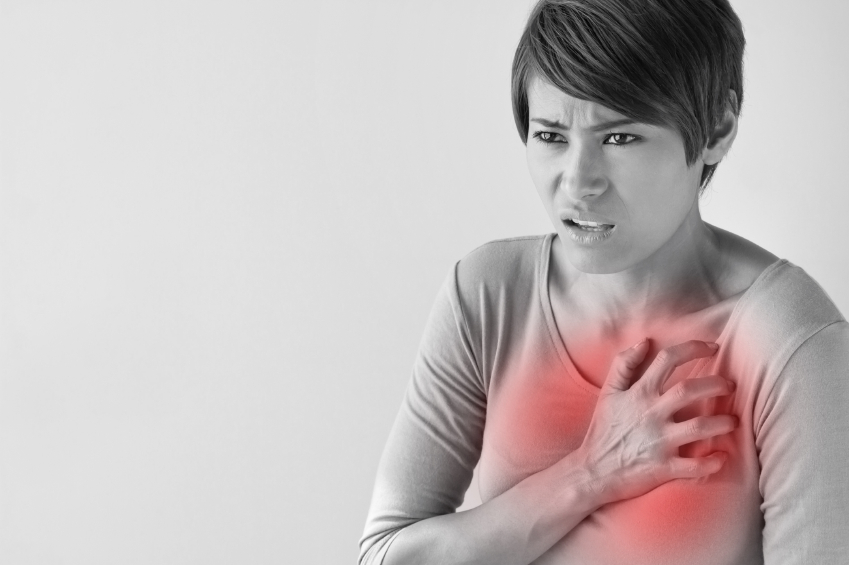Of late, we talk over morning heart attacks tend to be more frequent and severe than those that happen later in the day. The most dangerous time is the last phase of sleep and right after you wake up.
It is very difficult to recognize the early symptoms of a heart attack. In this write-up, we have penned down a quick note on its warning signs. It is not necessary for all people who have heart attacks have the same symptoms or severity.
- A heart attack occurs when the blood flow that brings oxygen to the heart muscle is severely reduced or cut off completely. It is due to the formation of plaques (blockage) in the inner walls of arteries.
- If the blockage isn’t treated quickly, the portion of heart muscle fed by the artery begins to die. Healthy heart tissue is replaced with scar tissue. This heart damage may not be obvious, or it may cause severe or long-lasting problems.
Sign and Symptoms of a Heart attack
Not all heart attacks start with sudden pain or with other symptoms. Some people might have mild pain or some may have it severe. However, more the severity of symptoms, you are more likely to have a heart attack.
A person experiencing a heart attack may not even be sure of what is happening. Heart attacks that occur without any symptoms or with very mild symptoms are called silent heart attacks.
Chest pain (Angina)
The classic symptoms of heart attack include a feeling of extreme pressure on the chest and chest pain, including a squeezing or full sensation. A sense of pressure, squeezing, fullness, or pain that starts in the center of the chest.
In some cases, there might not be the chest pain. However, chest pain is the most common symptom of a heart attack.
Upper body pain
You may feel pain or discomfort or tightness in one or both arms, the back, shoulders, neck, jaw, or upper part of the stomach (above the belly button). Sometimes it may happen a person may feel these types of pain without chest pain during a heart attack.
Shortness of Breath
Shortness of breath may occur before or during the chest pain of a heart attack. In some cases, it may or may not be associated with other symptoms.
Sweating
Sweating more than usual — especially if you aren’t exercising or being active — could be an early warning sign of heart problems. When someone starts to experience pain such as pain with a heart attack hormones are released. This leads to fasten the heart rate and a surge in blood pressure. It causes sweating during heart attacks.
Nausea and fatigue
A feeling of indigestion may be associated with heart attacks. Sometimes cold sweat or flue could be experienced during this phase.
Vomiting, light-headedness, dizziness, feeling unusually tired for no reason (sometimes for days) could also be the early signs of a heart attack.
EVERY MINUTE MATTERS.
ACTING FAST CAN SAVE YOUR LIFE.
The symptoms can develop slowly—sometimes within hours, days, or weeks. If you’re in doubt, get checked out anyway!!
